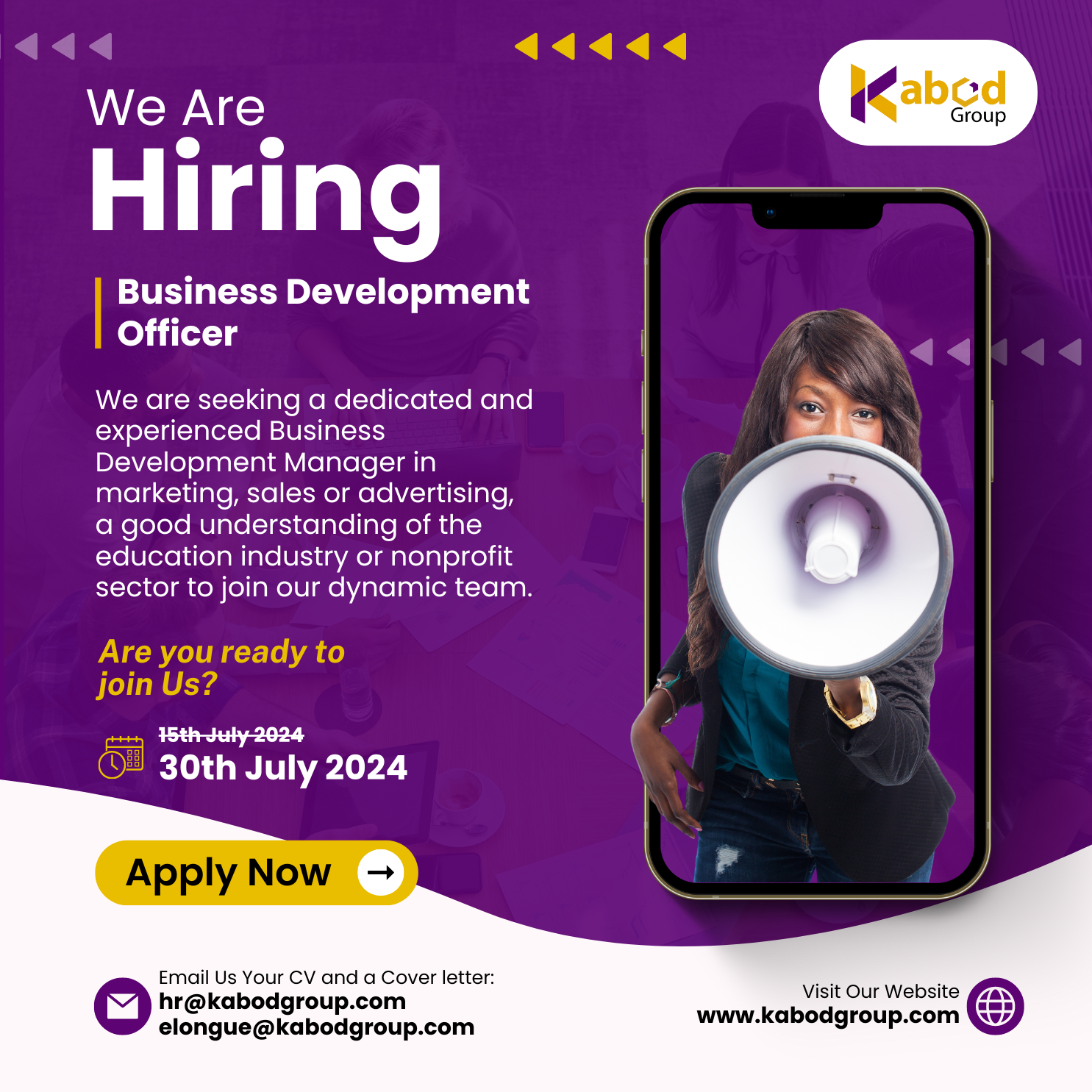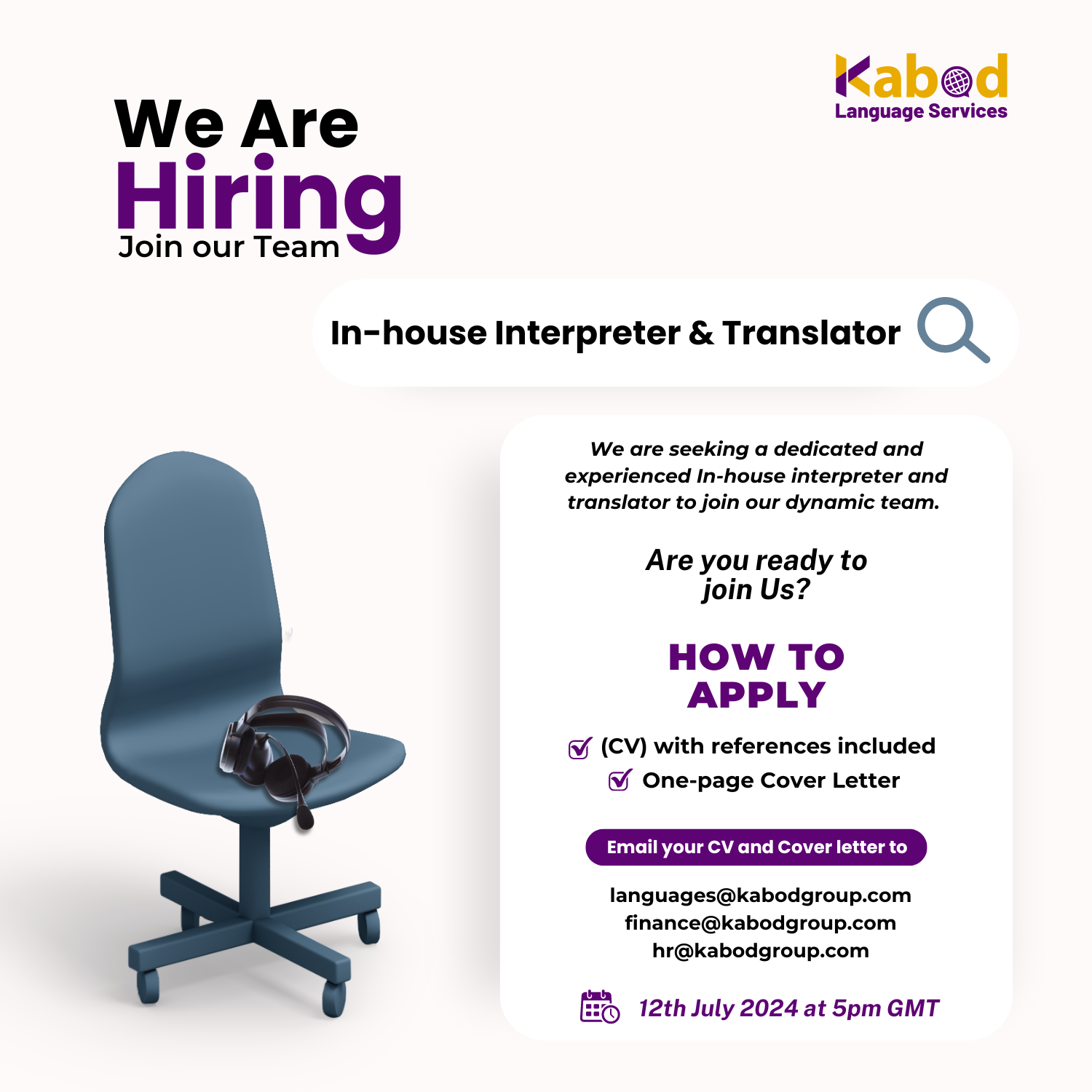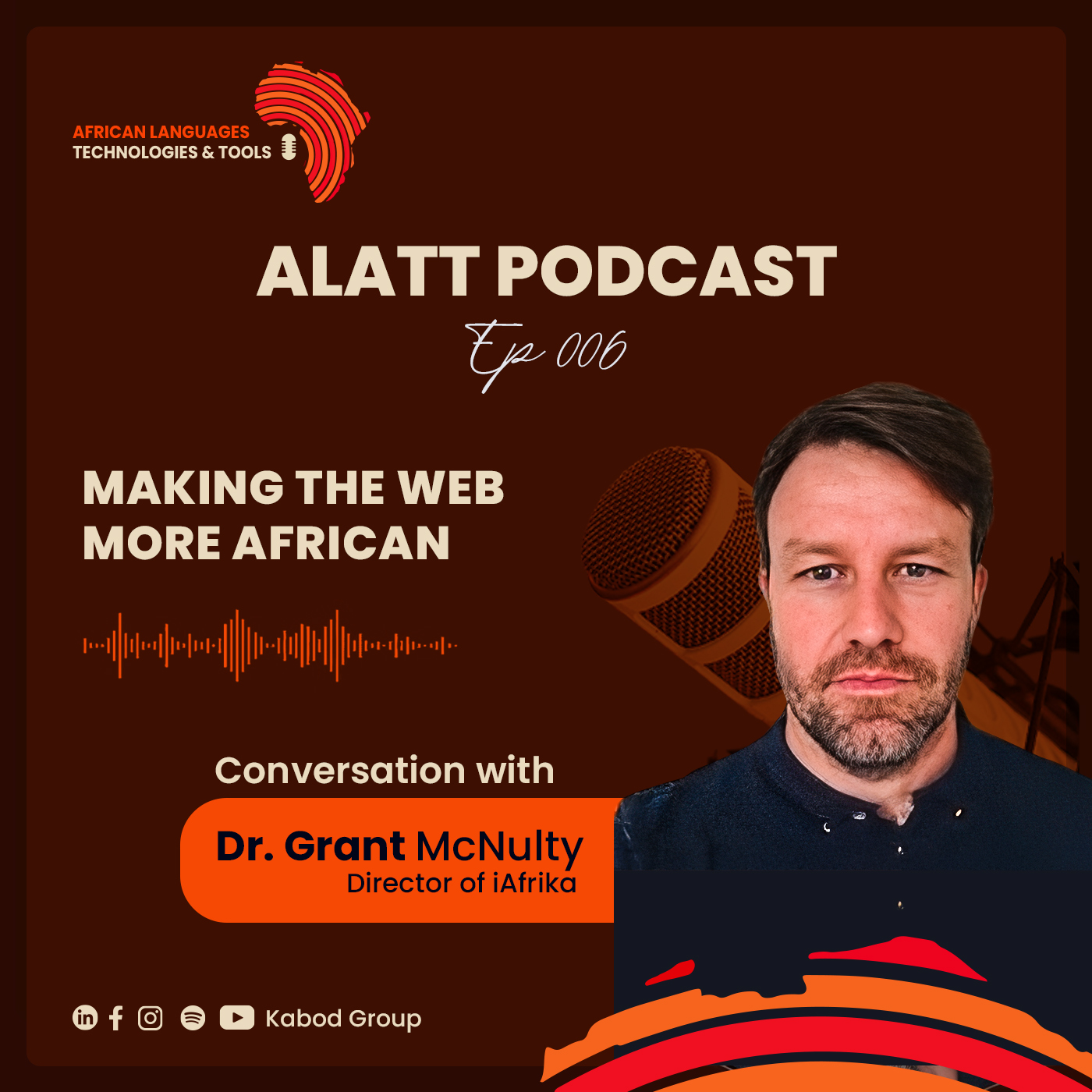
Turning Data into Knowledge: The Value of Customer Feedback for SME Growth in Ghana
How Ghanaian companies can use customer feedback to boost their growth?
Turning Data into Knowledge: The Value of Customer Feedback for SME Growth in Ghana
How Ghanaian companies can use customer feedback to boost their growth?
Small and medium-sized enterprises (SMEs) play a vital role in Ghana’s economy, supporting jobs and innovation. However, many struggle to survive beyond a few years. My recent research identifies one key factor holding SMEs back – a lack of systematic customer data collection and proper knowledge management systems.
If you are an entrepreneur steering a small or medium-sized business, the value of customer feedback cannot be overstated. Understanding the needs, preferences, and experiences of your clientele is instrumental in shaping your business strategy, fostering improvement, and ultimately enhancing customer satisfaction and loyalty.
I spoke to owners of 10 SMEs in East Legon and North Legon, including food vendors, hair salons, grocery shops (also known as provision shops) and mechanics. Alarming findings emerged from the survey which was taken between 15th to 22nd January. A staggering 60% admitted to not actively engaging in systematic customer data collection, citing resource constraints and a lack of awareness as primary barriers.
Moreover, 55% indicated a limited prioritisation of maintaining comprehensive records of business transactions, attributing the gap to a lack of access to efficient record-keeping tools. Feedback collection also proved to be a challenge, with nearly 70% of businesses acknowledging that they do not actively seek customer feedback due to time constraints and resource limitations.
This lack of basic customer information poses real risks. Without feedback, businesses can’t improve or innovate. Poor record-keeping makes it hard to track performance over time. Customer insights, once lost, are impossible to regain.
Why is Customer Feedback Important?
Customer feedback serves as a compass for business improvement. It helps identify areas requiring enhancement, allowing businesses to streamline processes and elevate the quality of customer service.
Actively seeking and utilizing customer feedback fosters a deeper understanding of customer needs and preferences, leading to increased sales and customer loyalty.
When customers feel heard and valued, they are more likely to continue patronizing your business. Actively seeking and incorporating their feedback demonstrates a commitment to providing the best possible experience.
How to Collect and Utilize Customer Feedback
There are simple and low-cost methods SMEs can use.
- Face-to-Face Interactions: Train your staff for direct customer engagement during transactions, using casual conversations to uncover preferences, satisfaction levels, and areas for improvement.
- Paper Surveys: Create simple, in-store paper surveys or include them with product packaging for easy, tangible customer feedback.
- Customer Comment Box: Encourage anonymous written feedback with a suggestion box at the storefront, ensuring openness and transparency.
Some SMEs with strong capital and technological base may be able to use technology to gather information from customers or clients.
- Surveys: Deploy surveys via email or social media to gather customer feedback on their experiences. This method allows for targeted inquiries, providing valuable insights into specific aspects of your business. For instance, Belron effectively utilizes surveys to gather comprehensive customer feedback. They deploy an exit-intent survey to understand why potential customers leave without making a purchase, allowing them to optimize marketing strategies and customer journeys accordingly. Additionally, Belron tracks Net Promoter Score (NPS) metrics to gauge overall customer experience and satisfaction, supplementing this with open-ended follow-up questions to gather deeper insights from users who rate their experience poorly. This multi-pronged approach enables Belron to continuously improve its services and meet the needs of its customers effectively.
- Customer Reviews: Encourage customers to leave reviews on platforms like Google, Yelp, or Facebook. Responding to both positive and negative reviews showcase your dedication to customer satisfaction.
- Social media: Leverage platforms like LinkedIn, Twitter, and Facebook etc. to engage with customers. Post polls and ask open-ended questions to understand customer preferences and needs. For instance, MTN employs a robust customer feedback response strategy, utilizing social listening tools for real-time engagement on Twitter. They respond promptly to both positive and negative feedback, employing sentiment analysis to understand the emotional context behind each message. Additionally, MTN focuses on relationship building by following customers on Twitter, fostering a sense of connection and addressing concerns directly. This proactive approach demonstrates MTN’s commitment to addressing customer feedback effectively.
Turning Data from customer feedback into Action
- Act on Feedback: Once collected, take prompt action to address issues or concerns raised by customers. For instance, if long wait times are a consistent complaint, consider hiring additional staff or streamlining processes.
- Informed Decision-Making: Use customer feedback to make informed decisions about your products and services. Identify areas for improvement or development of new products that align with customer needs.
- Team Collaboration: Share customer feedback with your team, fostering a culture of customer-centricity. Encourage team members to take ownership of customer satisfaction and collaborate to implement changes based on feedback.
Conclusion
Prioritizing customers through data and feedback collection represents a high impact yet undervalued opportunity. It strengthens the relationship between business and buyer which forms the basis for long-term growth and prosperity. With increased understanding of their customers, clients, and partners, many more Ghanaian SMEs would increase their sustainability.
As a Knowledge Management services provider, Kabod Group aims to help businesses of all sizes incorporate best practices. Our trainings empower leaders to capture real-time feedback, maintain organized customer records and use appropriate analytical tools. Please explore our brochure or get in touch to learn more about tailored solutions for strengthening your customer understanding capabilities.
Written by Prince Teye-Gaga






